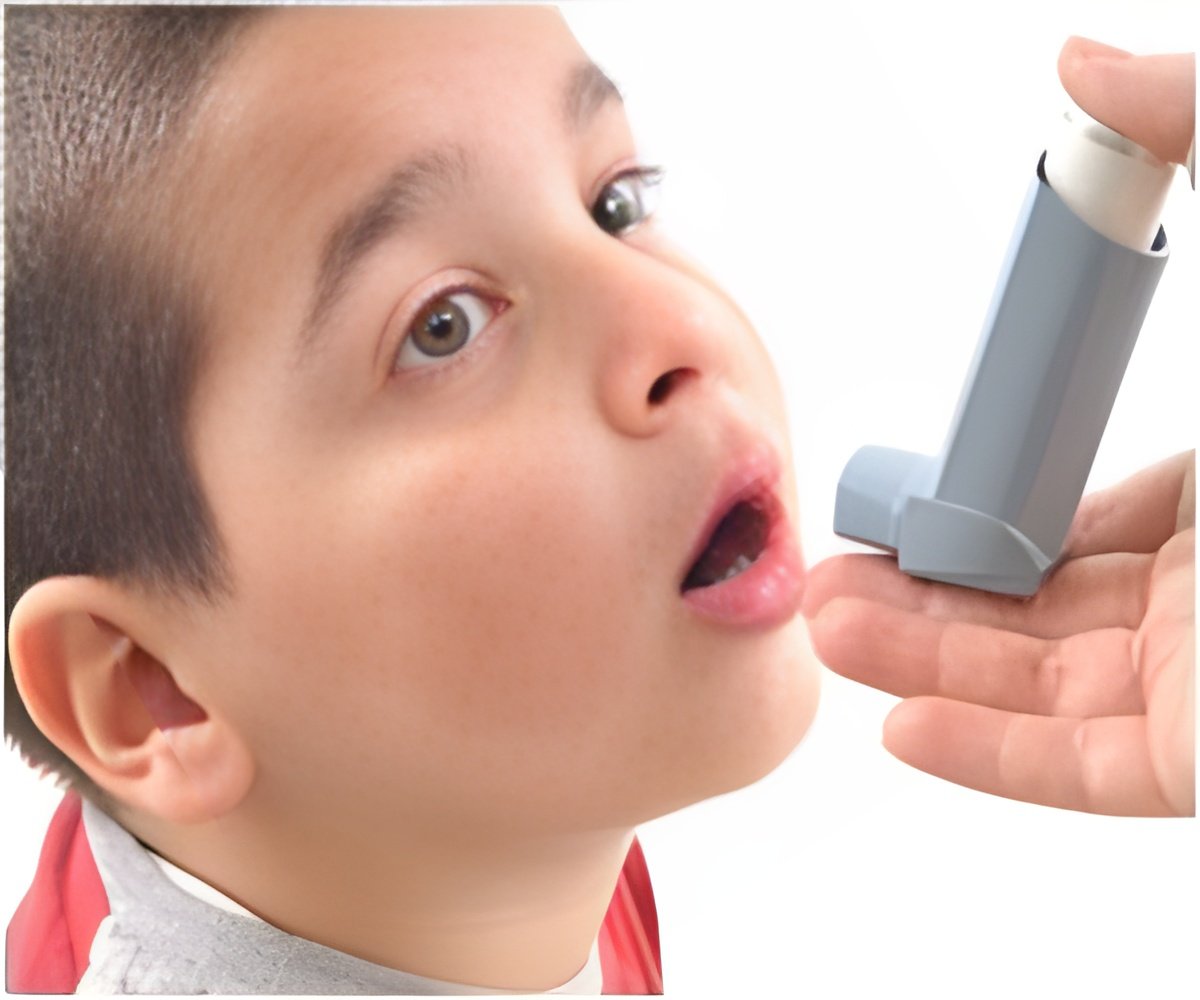A new study by British researchers has attempted to find out why asthmatic children are more likely to be bullied

Bullying or teasing of children with any chronic medical condition is common, yet it is not always clear what factors contribute to this. Researchers from the Derbyshire Children's Hospital, in the UK, used data from the large six-country "Room to Breathe" survey of childhood asthma, to look at the factors associated with an increased risk of bullying.
Parents and children aged 7 years and above were interviewed as part of the study. Data was collected from 943 questionnaires which asked questions about conditions at home, lifestyle of parents and children and their overall experience of their condition.
The results revealed a number of factors associated with an increased risk of bullying. Factors such as a reduced participation with sport and feelings of sadness were significantly associated with an increased risk of bullying. Additionally, factors that could be improved, such as poor asthma control, parental smoking and parents' on-going worries about their child's health, were also associated with bullying.
Dr Will Carroll, from the Derbyshire Children's Hospital, said: "Our findings emphasise the need for doctors and nurses to speak to their patients about the effects their condition has on all aspects of their life. We know that bullying is associated with asthma and these findings can help us understand why this is case.
"A number of the factors identified are things that can be changed, such as participation in sport, asthma control and parental worry over their child's health. As doctors, we must work with families to ensure these risk factors are removed and work with schools and teachers to ensure children with asthma are able to participate in sports at a level that is safe for them."
Advertisement
Advertisement









